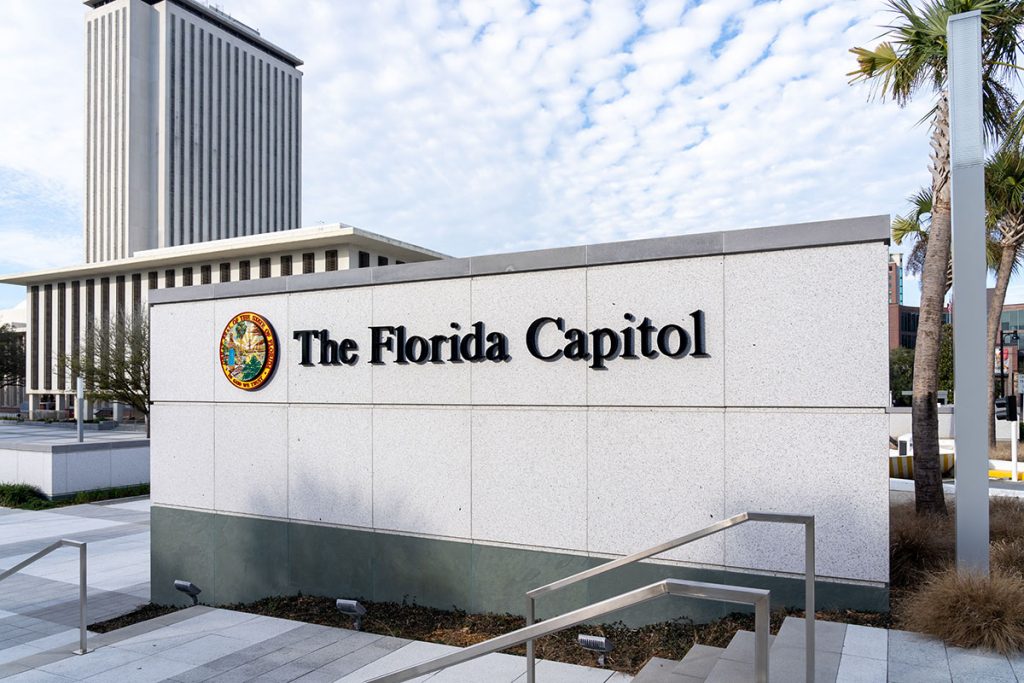It’s all in the Name in the Economic Development Game

Enterprise Florida is no more.
With the stroke of a pen, Gov. Ron DeSantis killed the public/private partnership economic development agency and moved its functions into a recreated Department of Commerce. The move was championed by House Speaker Paul Renner, who made it one of his top priorities when he took the gavel for the 2023 legislative session. J. Alex Kelly, who served as deputy chief of staff in Gov. Ron DeSantis’ office, has been tapped to serve as the new Secretary of Commerce.
To some, a simple name change doesn’t elicit a lot of attention. And every administration has the right – if not the obligation – to be proactive in pushing its priorities. But the demise of Enterprise Florida signals a shift in thinking about economic development that could set a bad precedent for the future of the Sunshine State.
More to the point, the demise of Enterprise Florida is only the latest act in an ongoing drama of legislative hostility to particular economic development agencies in the state. Both Enterprise Florida and Visit Florida, the state’s tourism marketing arm, have consistently been in the crosshairs of legislators and it seems as if every year one or both spend the first quarter of the year fighting for their existence. And this year was no different, with Visit Florida hanging by the proverbial thread for much of the legislative session after the Florida House did not include funding for the agency in its budgeting. In the end, Visit Florida survived but Enterprise Florida was not so lucky.
Enterprise Florida was created as part of a plan to develop public/private partnerships to promote economic development and attract new business development opportunities. The idea of public agencies and private organizations collaborating to help grow the state’s economy captured the imagination of economic development organizations and professionals across the state. Many chambers of commerce and development groups championed the cooperative impulse at the heart of the idea and saw it as a way to ensure Florida’s continued growth and development as a place to live, work and play.
Public and private entities alike promoted the concept and many even included language directly referring to the promise of partnerships in their mission statements. While for some, those were just words on a page that few would even read, it created the environment for enhanced economic development opportunities because companies looking to expand or relocate operations are not only interested in demographics and population growth, but true “business friendly” environments as well.
Economic development is more than incentive packages and spending tax dollars to lure companies to the state. There is a psychological element to creating the conditions for growth and prosperity. If companies believe Florida not only offers the markets they seek but the kind of cooperation and continuity they crave, they are more likely to make the investment to relocate or expand. And the public/private partnership idea behind Enterprise Florida was tailor made to produce that feeling of security and stability across the state.
The newly reconstituted Department of Commerce will promote economic development and keep Florida a major competitor for new development projects. But in reconfiguring the state’s economic development landscape, the perception of cooperation between public and private entities could be lost. And that economic security blanket may just turn out to be as important to new businesses as the state’s sandy beaches and no state income tax.






